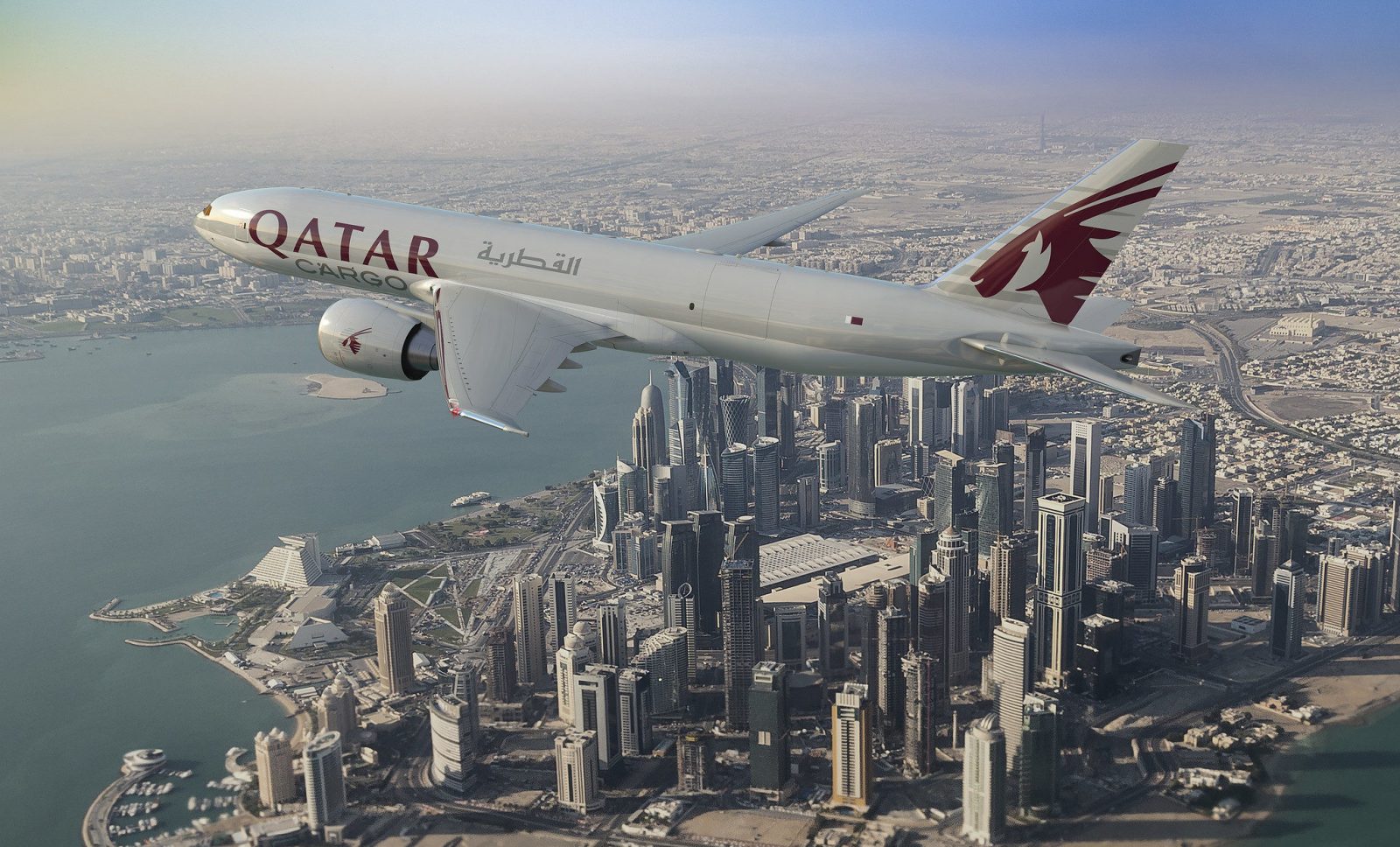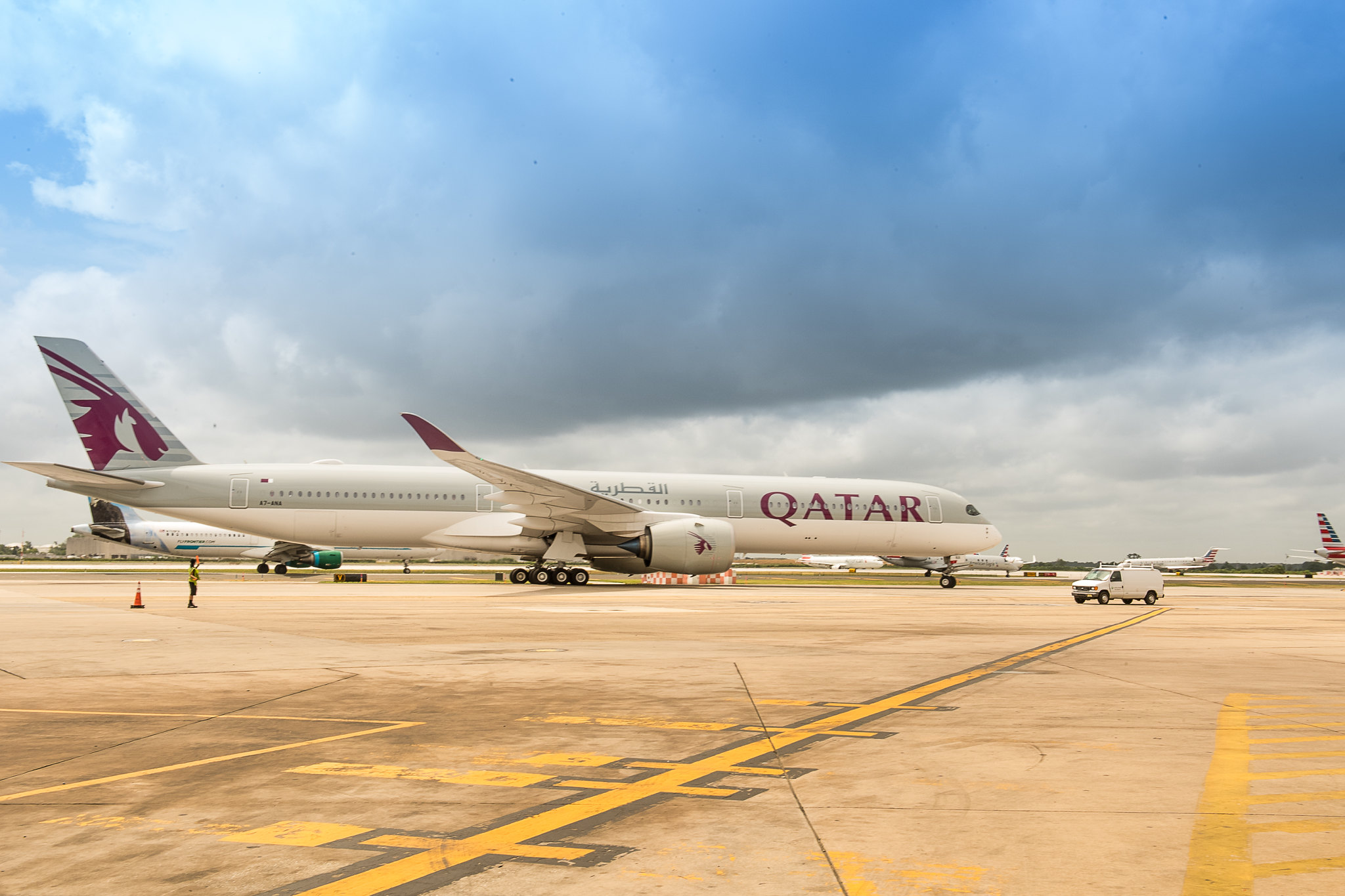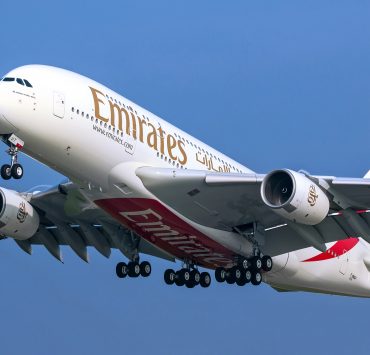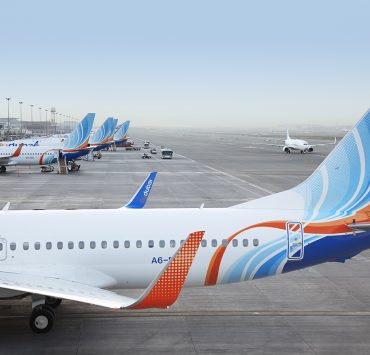
It’s been over two years since Saudi Arabia, along with Bahrain, Egypt and the United Arab Emirates (UAE) imposed a political, economic and physical blockade on the tiny Gulf state of Qatar. The Saudi-led blockade came suddenly on the 4th June 2017 in response to allegations that Qatar was cosying up with Iran and funding Islamic extremists.
As we near the final months of 2019, the dispute doesn’t show any signs of being resolved soon. Travel between Qatar and the blockading countries is almost impossible, the land border with Saudi Arabia has been cut off (and Saudi is even digging a trench between the two countries) and economic sanctions remain in place.
Qatar claims the crisis and its enforced isolation hasn’t all been bad – the natural gas-rich country says it has even experienced economic growth in 2018 which continues this year as it develops local sectors to deal with the consequences of the blockade. The same most certainly can’t be said of Qatar’s aviation sector.
One of the biggest losers of this ongoing crisis is the government-owned airline Qatar Airways. In the last few weeks, the carrier revealed that it had made a loss of $639 million – a fall of over 825 per cent on the $69 million loss Qatar Airways posted for 2017’s financial year.

The airline blames the loss of mature routes to previously important markets like Saudi Arabia and the UAE, as well as higher fuel costs for its poor financial performance.
Airspace restrictions are a big headache for Qatar Airways
One of the reasons for those higher fuel costs are airspace restrictions that the Saudi-led bloc have imposed on Qatar and Qatar Airways. At one point, Saudi Arabia and the UAE completely cut off the airspace above their countries to Qatari aircraft but eventually relented and allowed the use of some very restrictive ‘air corridors’.
Air space in the Gulf region is already some of the busiest in the world and between 40 – 60 per cent of that space is blocked off for use by military aircraft only. With the Saudi-led blockade on top, Qatar Airways has found itself flying longer routes to get to and from its hub in Doha – that means longer flight times and more importantly greater fuel burn.
Qatar has lobbied the International Civil Aviation Organisation (ICAO) – essentially the United Nations of civil aviation – on several occasions because they believe the airspace restrictions created by Saudi Arabia and the UAE are illegal under international law. The outspoken chief executive of Qatar Airways, Akbar Al Baker has even previously described the blockade as “an act of war”.
ICAO, however, has remained reluctant to get involved and as it stands Qatar Airways still has to use the air corridors approved by its regional enemies.
But now Qatar has submitted a new working paper on the airspace closure during ICAO’s triennial general meeting. And this time, Qatar has sought to highlight the environmental impact the airspace restriction is causing. The working paper reads:
The closure leads to longer flight hours and therefore to an increase in fuel consumption and CO2 emissions with the ensuing impact on environment.
…the closure had a negative effect on the air transport sector because of the rise in expenditures as a consequence of the use of alternative routes causing long detours from and to Qatar and leading to an increase in operations’ costs, including the fuel consumption.
The Assembly is invited to act for the prevention of politicizing the use of airspace, particularly international routes.
Qatar clearly has a very good point, although you have to wonder whether the country is tapping into the current environmental zeitgeist coming from the likes of the 16-year old Swedish activist Greta Thunberg. Several days ago, ICAO said it supported a series of so-called ‘climate strike’ marches taking place around the world and promised to ramp up innovation in the aviation industry to reduce carbon emissions.
ICAO has not yet commented on Qatar’s latest working paper to open up air space in the Middle East.
Mateusz Maszczynski honed his skills as an international flight attendant at the most prominent airline in the Middle East and has been flying throughout the COVID-19 pandemic for a well-known European airline. Matt is passionate about the aviation industry and has become an expert in passenger experience and human-centric stories. Always keeping an ear close to the ground, Matt's industry insights, analysis and news coverage is frequently relied upon by some of the biggest names in journalism.









